Shakespeare, the Bard of Avon, is renowned not just for his exquisite plays and sonnets, but also for a rather mysterious aspect of lore – the Shakespeare’s Curse. Delve into the enigmatic world of this curse associated with one of the greatest playwrights in history and uncover its origins, tales, and impact on culture and superstitions.
Shakespeare’s Curse
- The Shakespeare’s Curse is often associated with “Macbeth,” a play thought to bring misfortune when performed.
- The curse’s origins are linked to purported use of real witches‘ incantations in the play, drawing supernatural ire.
- Numerous theater accidents and odd occurrences have been attributed to the curse, influencing various superstitions in the acting community.
- The phrase “The Scottish Play” is commonly used to circumvent the curse by avoiding mention of “Macbeth” by name inside a theater.
- Protective rituals and counter-curses have become part of theatrical tradition to ward off potential bad luck from the curse.
- Shakespeare’s own grave is said to be protected by a curse to deter grave robbers, reflective of common fears in the Elizabethan era.
Historical Background of the Shakespeare’s Curse
When discussing the lore of curses in theater, none is more famous — or feared — than the one associated with William Shakespeare’s “Macbeth.” This play, believed to be written between 1603 and 1607, is so notorious for its associated misfortunes that most theater professionals refer to it as “The Scottish Play.”
The curse itself is said to have originated during the play’s first performance. According to popular folklore, Shakespeare included actual incantations from witches in his text, which angered the witches. In retaliation, they cursed the play, ensuring that anyone who dared to utter the play’s lines or even speak its name within a theater would summon disaster.
Legends describe a series of unfortunate events during the initial productions, including stories of actors falling to their demise, stage equipment malfunctioning leading to serious injuries, and sudden illnesses befalling cast members. Whether due to coincidences or a true curse, these stories have solidified a lasting superstition in the theater world.
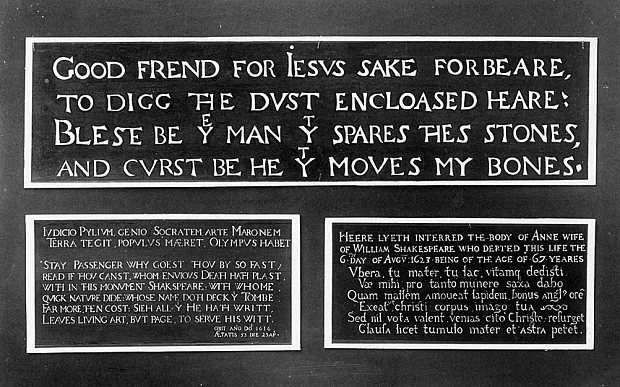
Theatrical Superstitions and Strategies to Avoid the Curse
The fear of the curse is so profound that it has given birth to a plethora of rituals and customs designed to protect actors and productions from its effects.
One of the most common practices is the refusal to say the name “Macbeth” inside a theater unless rehearsing or performing the play. Actors and crew instead call it “The Scottish Play.” If someone accidentally mentions the title, they must perform cleansing rituals to ward off the curse, such as stepping outside the theater, spinning around three times, spitting, cursing, or reciting lines from another Shakespeare play.
Despite the fear surrounding it, “Macbeth” remains one of Shakespeare’s most frequently performed works, with actors and directors drawn to its complex characters and profound themes of ambition, power, and fate.
Case Studies: Accidents and Incidents Attributed to the Curse
Throughout the centuries, numerous mishaps have reinforced the belief in the curse of “Macbeth.” From accidents during sword fights leading to actual deaths on stage to mysterious fires that have destroyed theaters after the production of the play, the curse seems to have an extensive and eerie legacy.
In one notable incident in the 20th century, esteemed actor Laurence Olivier narrowly escaped death when a weight from the stage’s fly system crashed down during a rehearsal. In another, a Broadway production was plagued with financial issues and the sudden death of a costume designer, further perpetuating the curse’s infamy.
Shakespeare’s Own Curse: Protecting the Final Resting Place
The theme of curses is not limited to Shakespeare’s works. His final resting place in Stratford-upon-Avon is also the subject of a chilling curse. The curse, etched into his gravestone, reads:
“Good frend for Iesvs sake forbeare,
To digg the dvst encloased heare.
Bleste be ye man yt spares thes stones,
And cvrst be he yt moves my bones.”
This inscription serves as a stark warning to would-be grave robbers, a legitimate concern in the era when Shakespeare lived and was buried. It is a testament to the seriousness with which people of the time viewed the power of words and curses, and perhaps it speaks to the Bard’s own beliefs about the supernatural forces he so often depicted in his plays.
The Cultural and Psychological Impact of the Shakespeare’s Curse
The curse is not only a theatrical legend; it has a psychological and cultural significance as well. The fear it engenders has become a psychological phenomenon among actors, contributing to performance anxiety and heightened awareness during productions of “Macbeth.”
Moreover, the curse has found its way into popular culture. It has been cited in novels, films, and television shows, often serving as a plot device to add a layer of suspense or to comment on the power of belief and superstition.
Deconstructing the Curse: Rational Explanations
In contrast to the tales of supernatural wrath, many rationalists have offered explanations for the curse’s origins. They argue that accidents during performances are mere coincidences or can be attributed to the hazardous nature of producing a play with multiple fight scenes and complex staging.
Additionally, psychologists posit that the curse’s power lies in the belief in it. If actors and crew members anticipate bad luck, they may unconsciously behave in ways that fulfill their own prophecies, a phenomenon known as a self-fulfilling prophecy.
The Shakespeare’s Curse in the Modern World
Ironically, the terror of the Shakespeare’s Curse might contribute to the enduring popularity of “Macbeth.” The play’s dark allure and the thrill of challenging fate continue to captivate audiences and performers alike.
In the modern era, productions of “Macbeth” can be elaborate affairs with high-tech effects and contemporary interpretations, but the age-old superstitions still hold a grip on those who step onto the stage. It’s a reminder that even in an age of reason, the mysteries of the past and the power of storytelling remain a potent force.
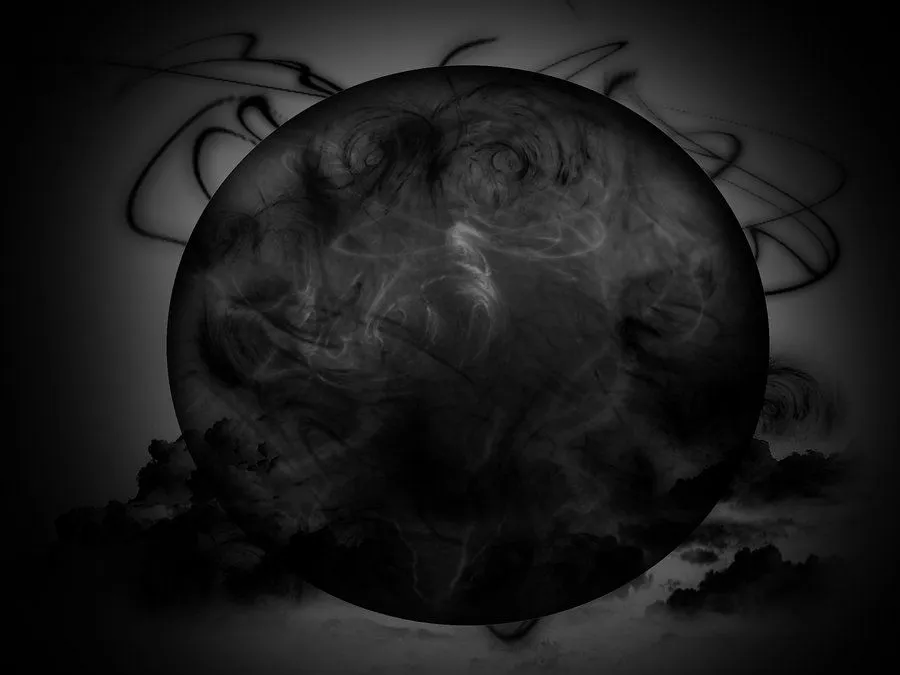
What People Ask about Shakespeare’s Curse!
Is the Shakespeare’s Curse real?
While there is no definitive proof of the curse’s existence, the stories and incidents related to it over centuries have convinced many in the theater community of its authenticity.
What should you do if you accidentally say “Macbeth” in a theater?
The most common remedy is to leave the theater, spin around three times, spit, curse, and then knock on the theater’s door to be allowed back in.
Has anyone tried to disprove the curse scientifically?
While the curse hasn’t been systematically studied for validity, rationalist explanations suggest that accidents tied to the play are coincidences or psychological effects.
Are there other theatrical productions that are believed to be cursed?
Yes, but none as infamous as “Macbeth.” Other plays and musicals have their own superstitions and alleged curses, though these tend to be less widespread.
Exploring the multifaceted dimensions of the Shakespeare’s Curse reveals it to be a blend of history, superstition, and psychological phenomenon. It showcases how stories, irrespective of their factual validity, can weave themselves into the fabric of culture — a testament to the enduring legacy of Shakespeare and the power of the human imagination.

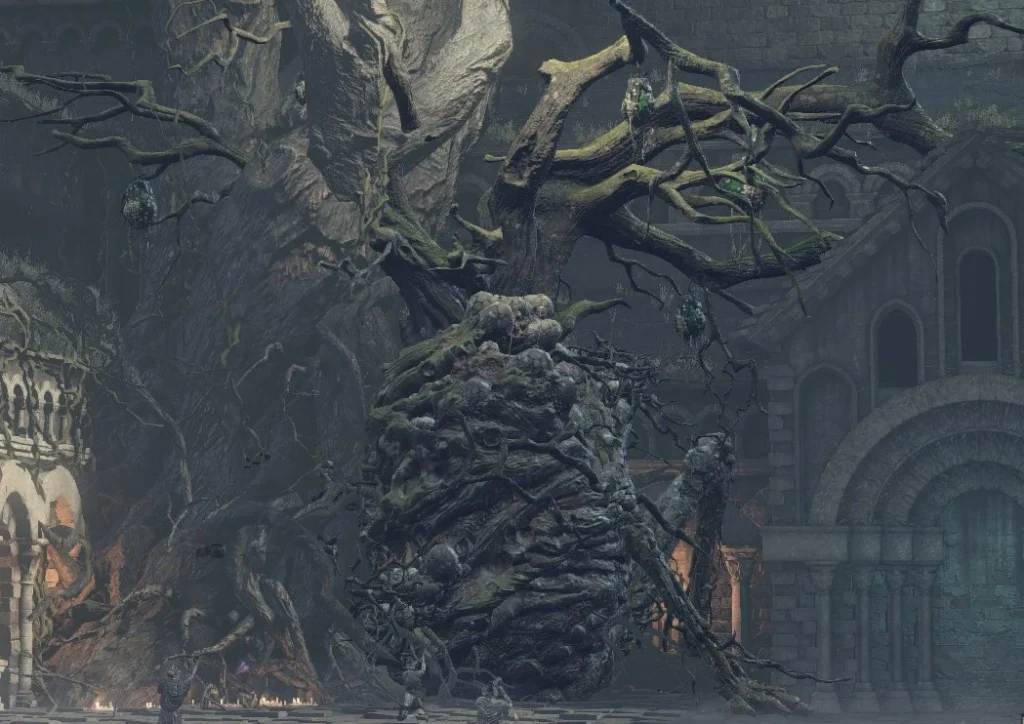
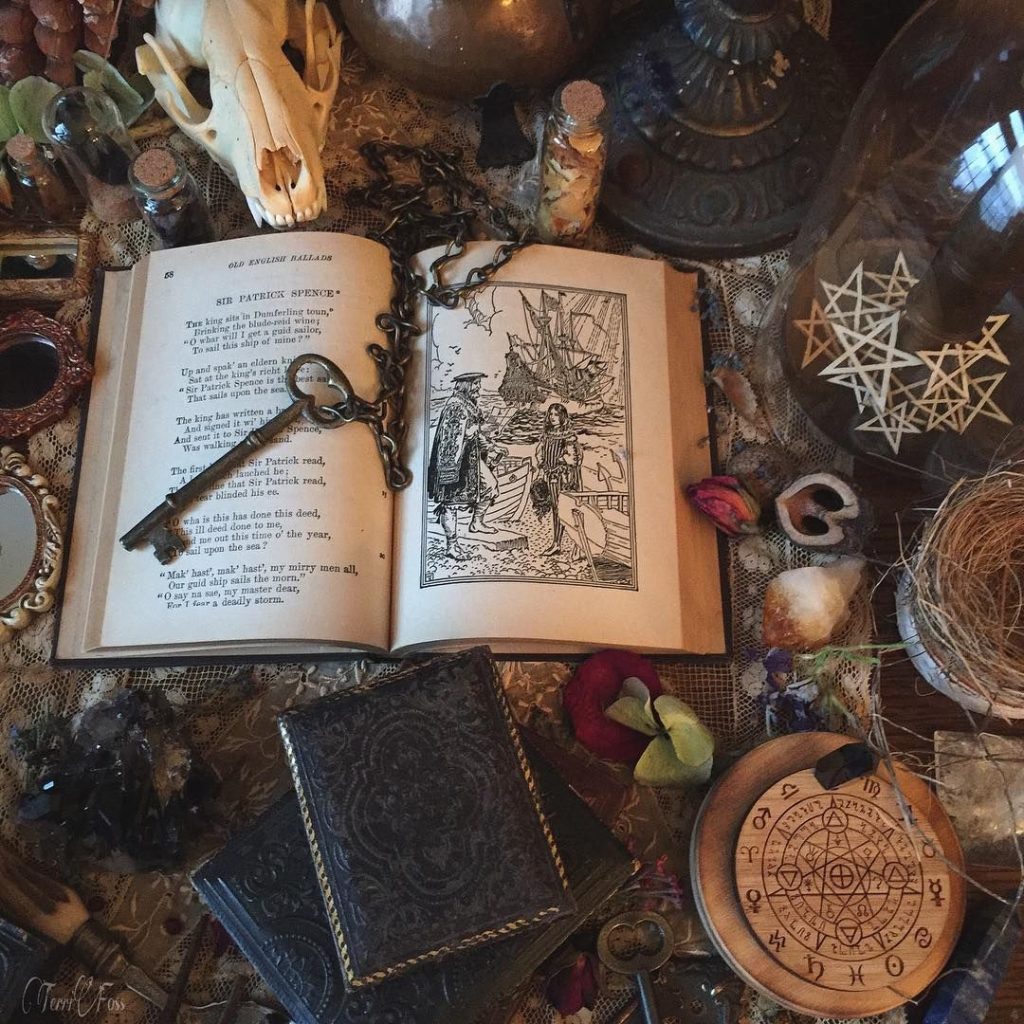
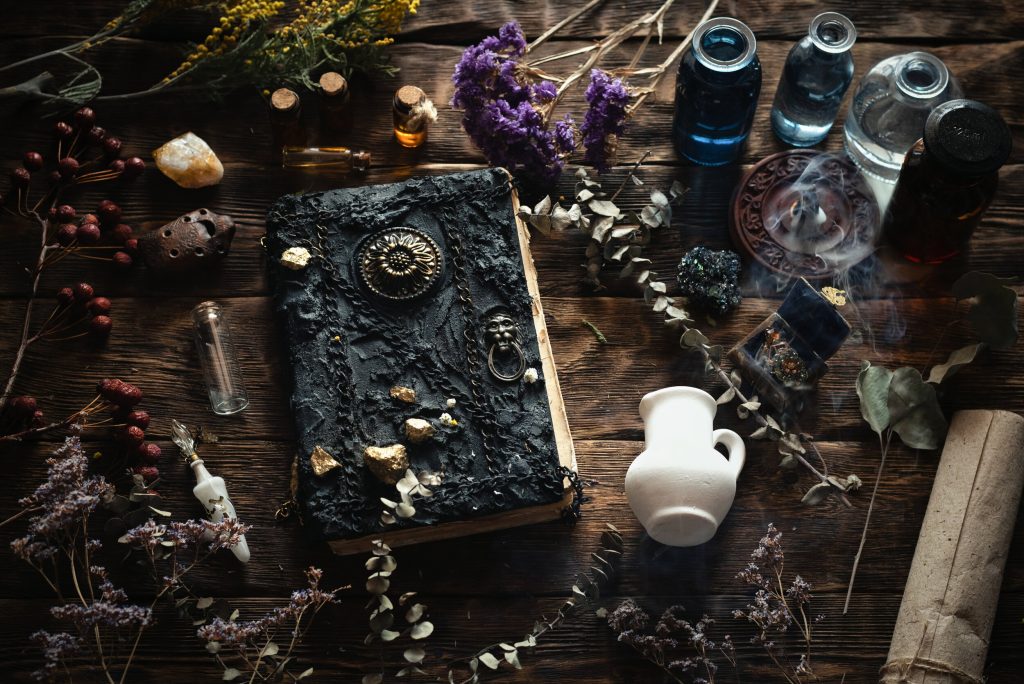
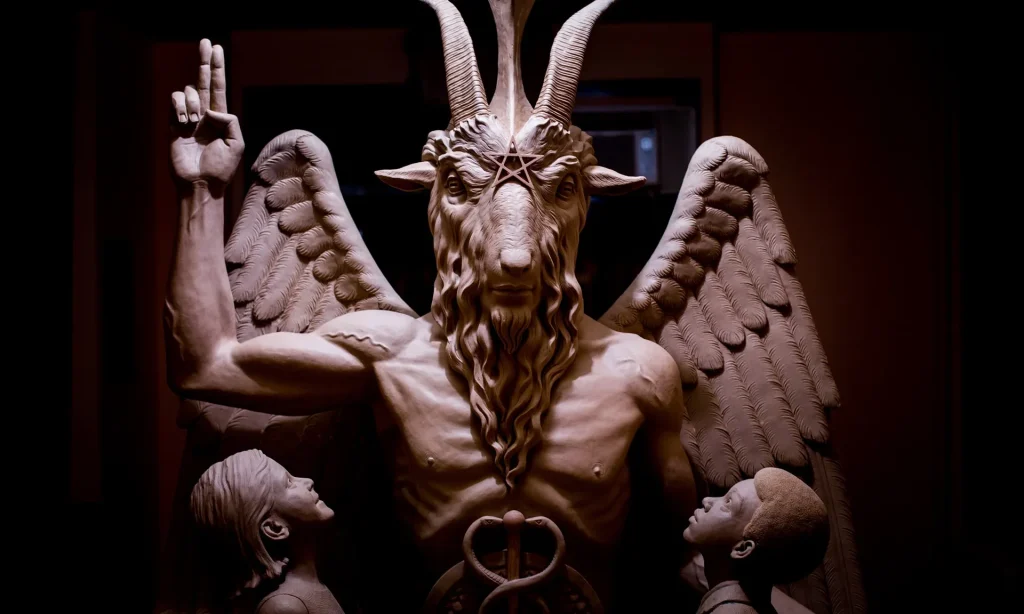
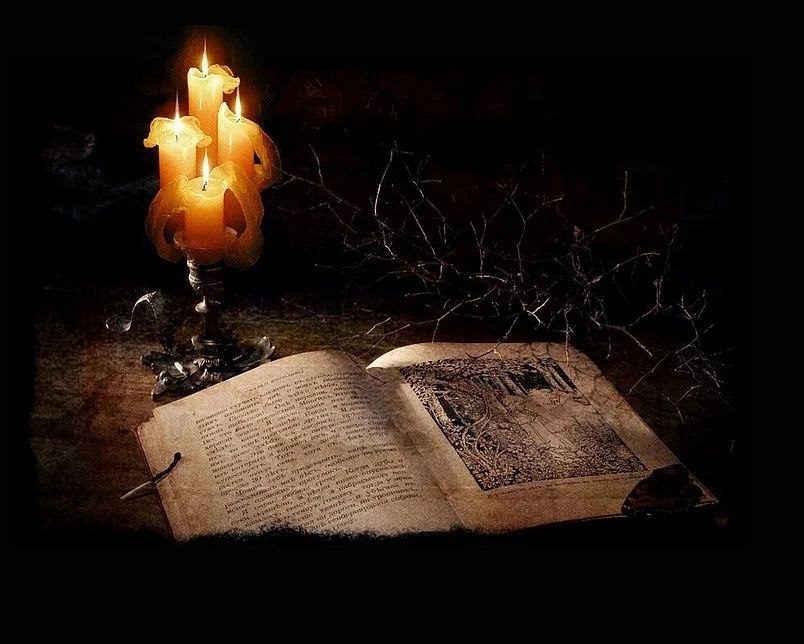
Currently it sounds like Movable Type is the preferred blogging platform available right now.
(from what I’ve read) Is that what you’re using on your
blog?